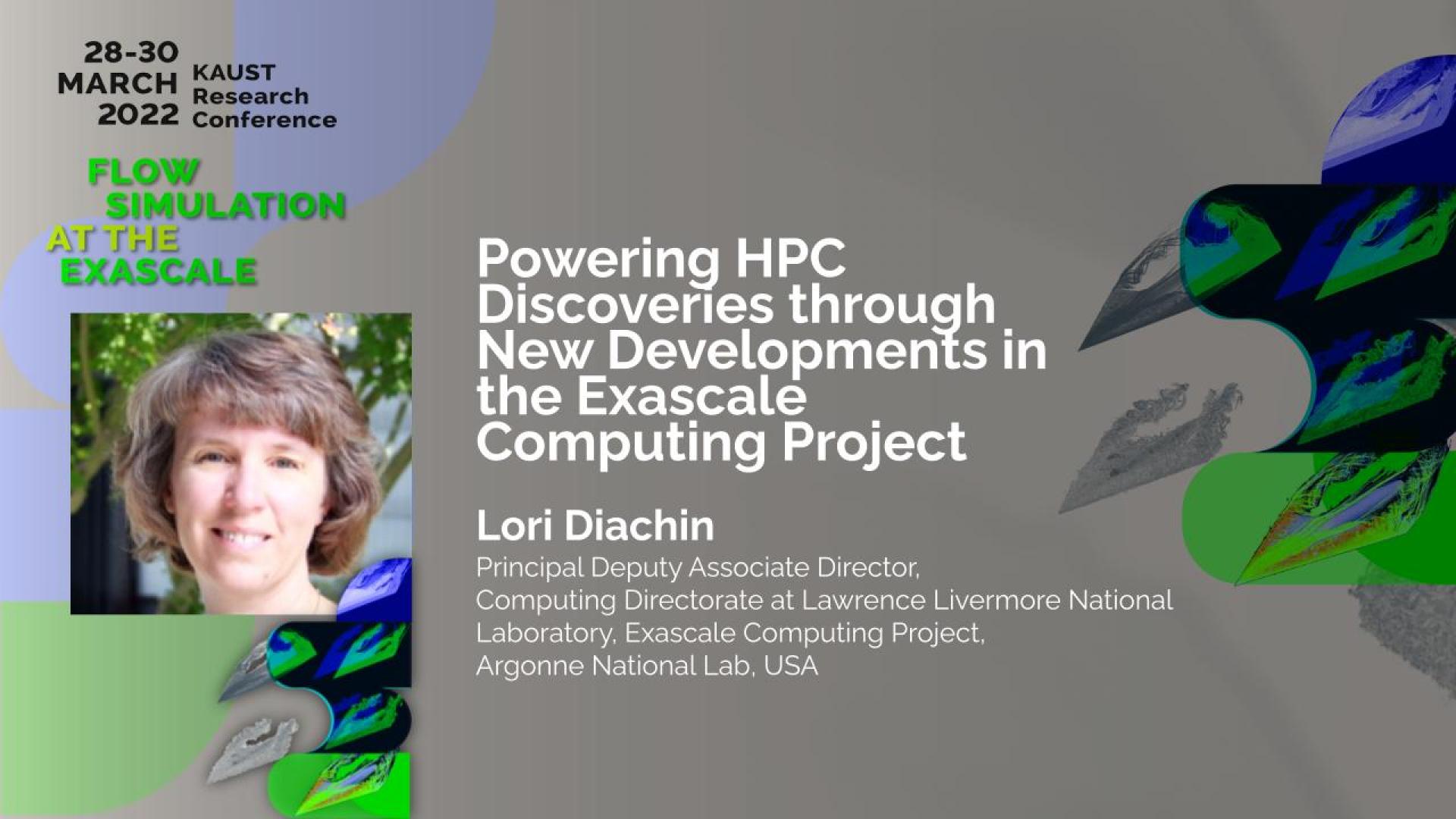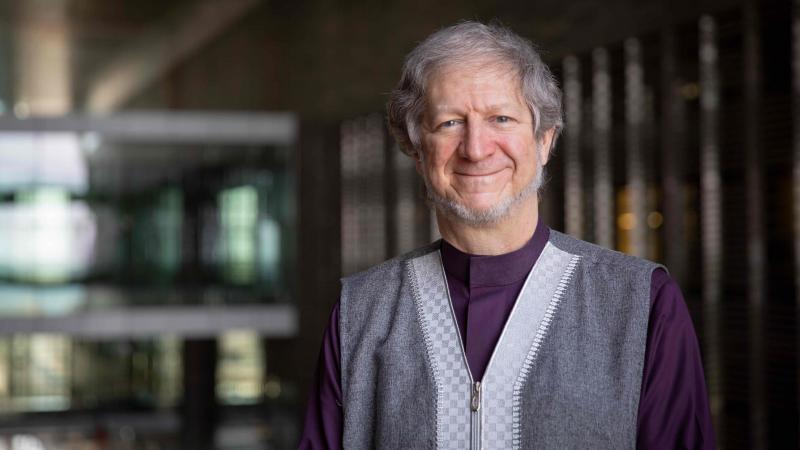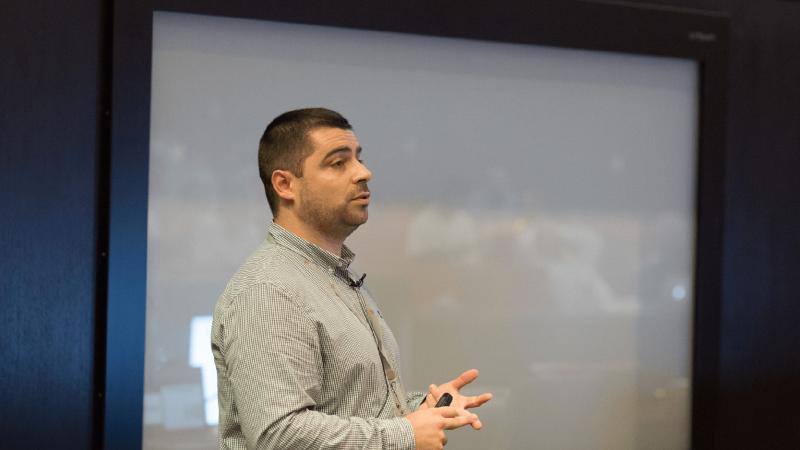Abstract
This presentation will introduce work in the U.S. Exascale Computing Project (ECP), which is developing a capable computing software ecosystem that leverages unprecedented HPC resources to work toward predictive science capabilities to solve problems in the areas of climate, energy, and human health. We will give an overview of the applications and software technologies being developed as part of the ECP, where software complexity is increasing due to disruptive changes in computer architectures and the complexities of tackling new frontiers in extreme-scale modeling, simulation, and analysis. We will give examples of the challenges application teams have faced in the development of new algorithms and physics capabilities that perform well on GPU accelerated node architectures. We will also describe our integrated approach to the deployment of a suite of programming models and runtimes, math libraries, data and visualization packaged and development tools that comprise the Extreme-scale Scientific Software Stack (E4S). We will explain how E4S—a portfolio-driven effort in ECP to collect, test, and deliver the latest advances in open-source HPC software technologies—is helping to overcome challenges associated with using independently developed software tools together in a single application. We conclude by showcasing some of the latest results the ECP teams have achieved in developing new capabilities in a number of application areas.
Brief Biography
Lori Diachin is the Deputy Director for the U.S. Department of Energy’s Exascale Computing Project (ECP). ECP is a collaborative Department of Energy effort supported by both the National Nuclear Security Administration and the Office of Science to accelerate the delivery of a capable exascale computing ecosystem for breakthroughs in scientific discovery, energy assurance, economic competitiveness, and national security (https://www.exascaleproject.org/). Lori helps set the strategic direction for ECP and ensuring that the project has an impactful and executable plan that delivers on its goals and objectives.
Lori has over 25 years' experience in applied mathematics research where her areas of expertise include mesh quality improvement, mesh component software, numerical methods, and parallel computing. She is the co-author of over 50 technical journal articles, book chapters, and conference proceeding articles in these areas. Before joining LLNL, Lori was a computer scientist at Argonne National Laboratory and a Member of the Technical Staff at Sandia National Laboratory. Lori received her Bachelor's degree in Mathematics from Edinboro University of Pennsylvania in 1988 and her Ph.D. in Applied Mathematics from University of Virginia in 1992. She joined Lawrence Livermore National Laboratory in 2003.


